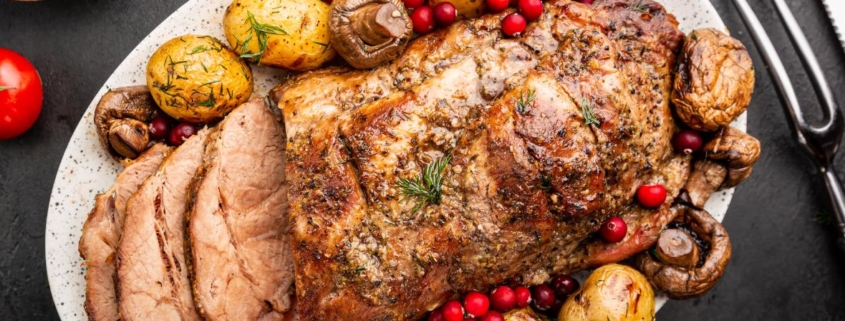Meat in culture and history: How meat has been a part of the human diet for centuries and in different cultures
Meat has been a staple food in the human diet throughout history and across various cultures worldwide. Since ancient times, humans have consumed meat as a source of protein, nutrients, and energy. Its presence in our diet has left a profound mark on culture and history.
From early civilizations, such as the hunter-gatherers of prehistory, the consumption of meat has been essential for survival. Hunting animals provided food, as well as materials for making tools and clothing. This close relationship with meat has deeply influenced the traditions and rituals of different cultures.
In many cultures, meat has become a symbol of celebration and festivity. Festive and ceremonial meals often include meat dishes like roasted lamb, smoked pork, or grilled chicken. These feasts serve as a way to bring people together, strengthen community bonds, and celebrate special occasions.
Meat has also played an important role in the evolution of culinary techniques. From smoking and curing to roasting and grilling, methods of meat preparation have been perfected over the centuries. These techniques have given rise to traditional dishes and unique culinary specialties in every culture.
However, the consumption of meat has also sparked debates and controversies throughout history and into the present day. In some cases, access to and consumption of meat has been a privilege reserved for certain social classes, while in other cases, meat has been subject to religious taboos or cultural restrictions.
In the modern era, the debate over meat production and consumption has led to the rise of vegetarian and vegan movements, which advocate for plant-based diets. These movements argue that meat production negatively impacts the environment and raise ethical concerns about the treatment of animals.
In summary, meat has been an integral part of the human diet and has left a deep imprint on culture and history. Its presence in food has been both a necessity for survival and a cultural and festive expression. As our awareness of sustainability and animal welfare evolves, it is important to reflect on our meat consumption and explore more balanced and respectful dietary options that consider the environment and animal welfare.



